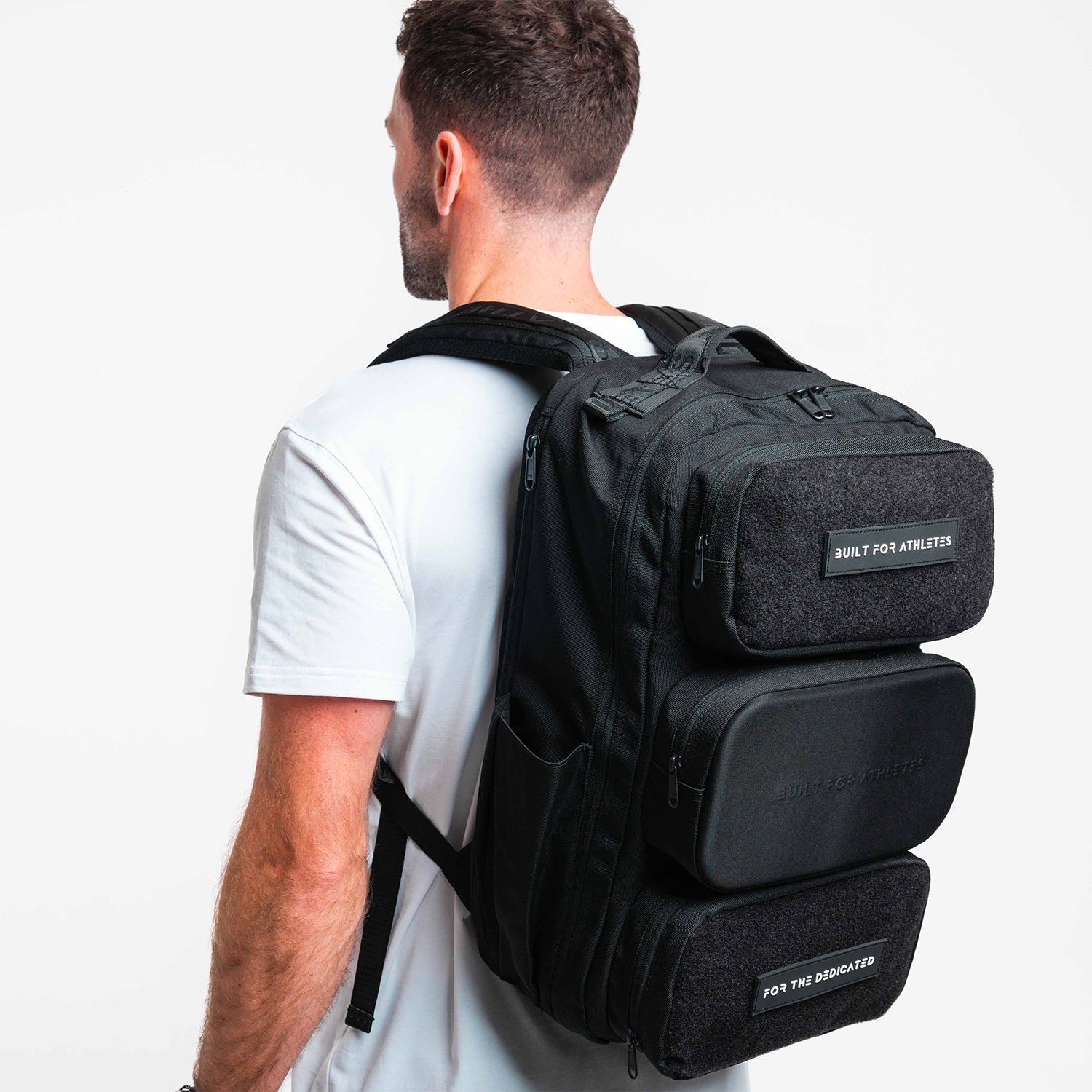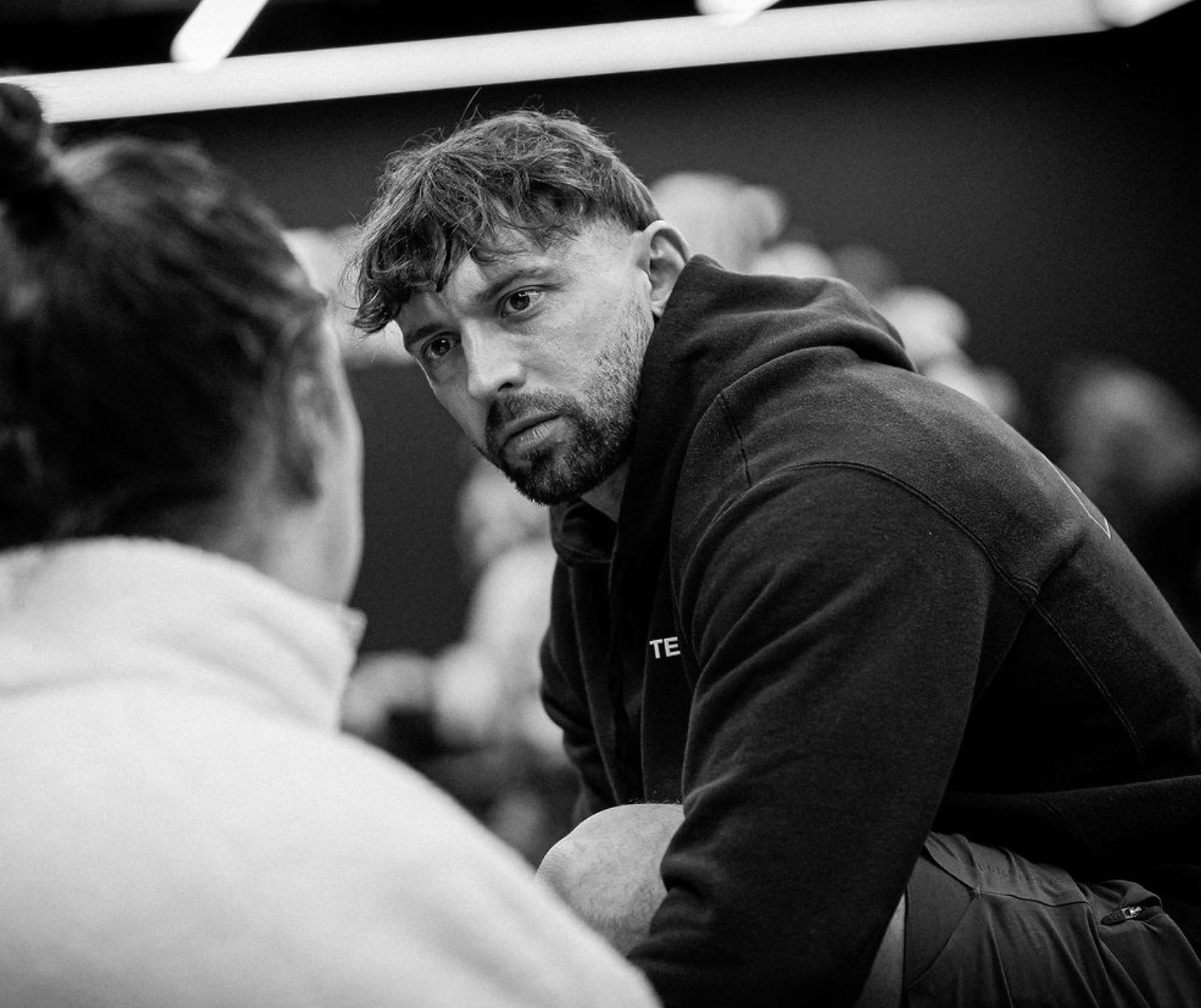Failure is an unavoidable part of sport. Every athlete, no matter how great, has experienced setbacks at some point in their career.
Often, successful people point to the failures that they encountered as the foundations of their resilience. So while it’s easy to catastrophize over bad results or performances, these experiences can lead us to becoming more rounded athletes and human beings.
Moving on from failure, however, isn’t always easy and individuals may find their confidence or motivation has taken a hit. So here are five useful strategies to help athletes deal with failure.
Accept Feelings Of Disappointment
It’s natural to feel disappointed, angry or upset when a performance doesn’t go the way you want it to.
To fight these feelings would be a waste of time. Instead, the athlete is better off expressing themselves and sitting with the emotions for a time.
Once this reaction has been listened to and accepted, it is far easier to look at the situation from a more rational point of view.
Analyse Performance
Take a step back from the result and look at the reasons why you failed. What aspect of your performance went wrong or let you down?
This process of examining which areas you are weak in is one of the best ways to learn and ultimately become a better athlete.
Make A Plan To Improve
After assessing what went wrong, it is then far easier to make a plan and strategise how to improve.
If there were key weaknesses that were identified in the analysis stage, it could be a good idea to include specific work on these during your training.
Ask For Help
A new set of eyes with a fresh perspective can help an athlete to see things that they might not spot themselves. This might help them to spot problems in their technique, mindset or training regime that would otherwise go unnoticed. Methods to address these problems can then be built into a programme for the next training cycle.
Believe In Yourself
It’s common for setbacks to result in a person feeling doubts in their own ability or potential. Gaining some perspective on this can be helpful and it’s important to remember that you are not the first athlete to have experienced failure.
Take Muhammad Ali, for example. When he started boxing, he was told he had virtually no skill or ability as a boxer. But through self-belief and persistence, he turned himself into an all-time great.






















































Share:
5 Amazing Ways Meditation Changes The Brain
Is The CrossFit Open Happening This Autumn?